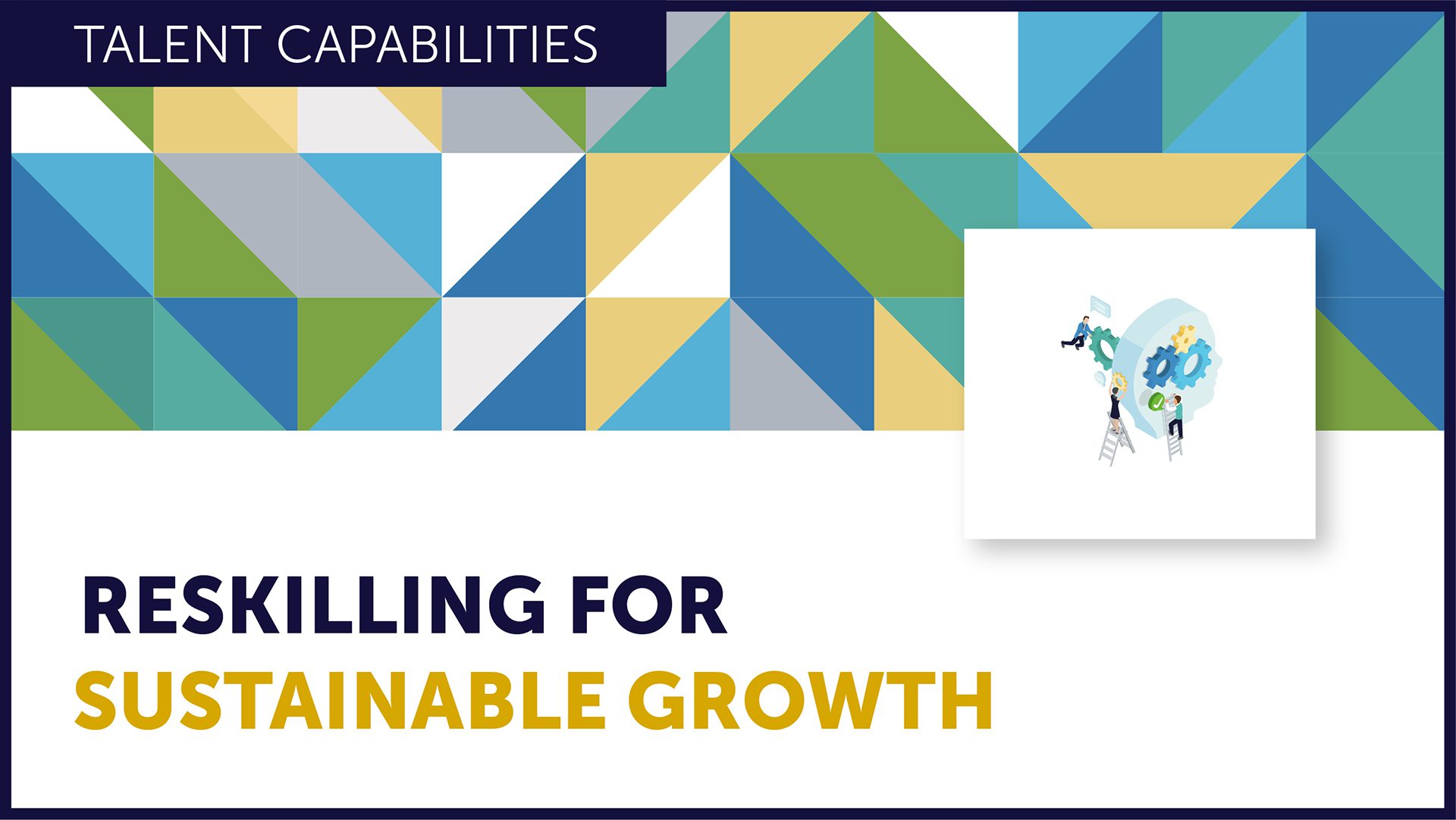Future of Work and People Strategy
Data isn’t the future of HR
I constantly hear ‘data is the future of HR’ as if it is something new. I disagree. Data isn’t the future – it has always been part of HR. I’ve worked in HR for over 30 years and, although it might surprise some of the younger generations, we did have computers and we did use data to support decision making. Yes, technology has moved on, but the real problem isn’t data – it’s the way most HR professionals use data. If anything, I think the focus on Big Data has made the problem worse and we find too many people starting with the data rather than with the business problem they are trying to fix.
Someone gave me a great analogy: You are walking home one night, and you come across someone on their hands and knees under a streetlight. “What are you doing?” you ask. “I’m looking for my car keys,” says the stranger. “Did you drop them here?” you ask. “No, I dropped them over there but it’s dark so I can’t see so I’m looking here under the light where I can see,” replies the stranger.
The danger is that we are so amazed with all the data we can collect, that we forget it is only useful if it can make a difference to the business. Most of the time spent on HR data is to generate reports on HR issues that no one else really cares about which don’t drive business performance. We need to start with the business issue not the HR data.
On taking over one of my previous HR leadership roles, I found out that two of my 500 reports were finance people. I was fascinated to find out what this finance team did and was told “They do all of your reporting”. This horrified me – to have two full time employees doing just reporting, and after a couple of months I asked them to complete all the reports but not send them to anyone in the business. Guess what? No one noticed! So, we stopped sending them and instead reallocated the two employees to value adding roles.
The point is we should use data to fix business problems. We need to start with the business problem and use data to persuade business leaders to do something different that adds value. If we don’t persuade them to act, then we are wasting time and money, so we need to spend as much time on persuasion as on analysis.
Persuasion depends on data being presented in a way that is:
- Insightful – does it signpost what the issue is and our recommendation versus loads of numbers and charts with no commentary?
- Impactful – people sit through endless presentations; how do you stand out from the noise and make people sit up?
- Simple – boil it down to the essence, with just enough data and commentary to persuade and no more.
- Relevant – returning to my key point, let’s not report on things no one else cares about. Focus on the relevant business issue.
It’s the story not just the data that persuades. Storytelling, particularly in the business context, is rooted in the concept of ‘rhetoric’, which has its origins in Ancient Greek philosophy and literature.
Greek philosopher Aristotle identified the three components of successful rhetoric as:
- Logos: the data and logical argument
- Ethos: trust in the storyteller
- Pathos: the emotional connection
Communicators can fall into traps if they neglect one or more of these elements. Many businesspeople, schooled in rational analysis, get stuck in the data – or logos – and fail to inspire or provoke action. Pathos needs to be balanced with the authenticity conferred by ethos, or listeners feel manipulated and the story backfires. But, the language of business is the language of numbers so we must use the data (logos) where appropriate.
I believe passionately in the power of data to ensure we move beyond gut instinct to analyse the root cause of a business issue and identify the solutions needed address it. But if it’s a business problem, we will need business support in solving it. We must persuade leaders to act.
Data isn’t enough to persuade everyone, so we need to progress from reporting through analytics to persuasive analytics and recognise how data combined with a story, persuades in ways pure data doesn’t.
UPCOMING CRF EVENT:
Persuasive Analytics: Influencing with Data
15 March 2022, Online
MEMBER LOGIN TO ACCESS ALL CRF CONTENT





